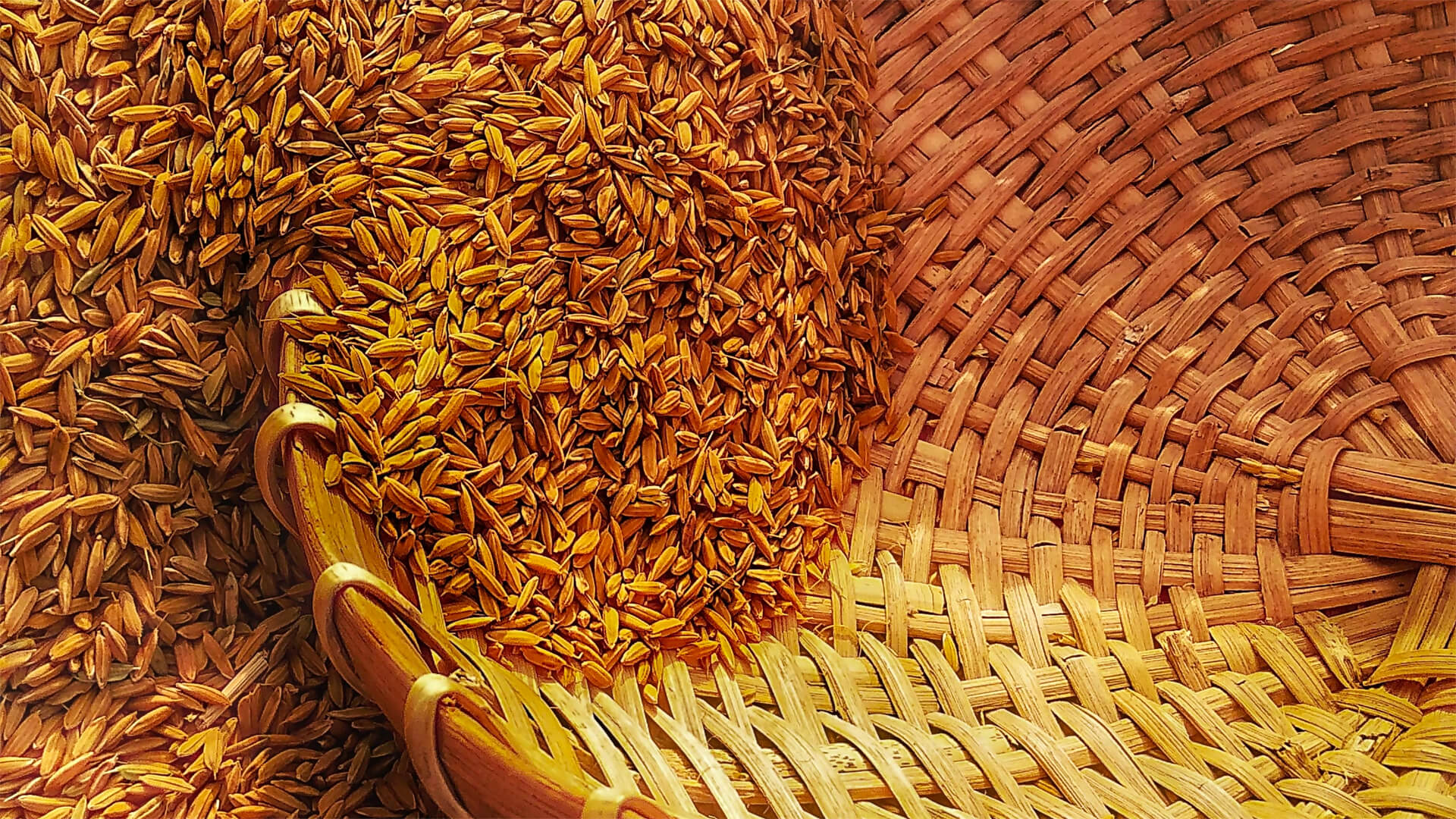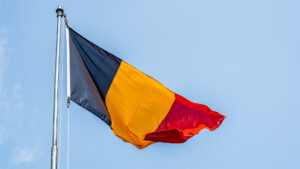The changing situation with the Ukraine Grain Deal has given me plenty to ponder while tromping through Fjordland in New Zealand. Due to the war, Ukrainian agricultural exports were reduced to a fraction of their pre-war numbers. The grain deal brokered by the UN was a glimmer of hope that perhaps exports wouldn’t entirely fall off the map…
With winter on the way out and summer just around the corner, the Russians are revaluating their strategy. Targeting power infrastructure may have worked during the winter, but it doesn’t make much sense for the warmer months…it appears the new target will likely be Ukrainian agriculture.
We’ve already seen the Russians change the renegotiation period of the grain deal from 120 days to 60 days, and I wouldn’t be surprised if March is the last time the Russians resign. So Ukrainian exports might fall off very soon, but can the rest of the world’s (already struggling) agriculture industry pick up the slack?
Prefer to read the transcript of the video? Click here
Here at Zeihan On Geopolitics we select a single charity to sponsor. We have two criteria:
First, we look across the world and use our skill sets to identify where the needs are most acute. Second, we look for an institution with preexisting networks for both materials gathering and aid distribution. That way we know every cent of our donation is not simply going directly to where help is needed most, but our donations serve as a force multiplier for a system already in existence. Then we give what we can.
Today, our chosen charity is a group called Medshare, which provides emergency medical services to communities in need, with a very heavy emphasis on locations facing acute crises. Medshare operates right in the thick of it. Until future notice, every cent we earn from every book we sell in every format through every retailer is going to Medshare’s Ukraine fund.
And then there’s you.
Our newsletters and videologues are not only free, they will always be free. We also will never share your contact information with anyone. All we ask is that if you find one of our releases in any way useful, that you make a donation to Medshare. Over one third of Ukraine’s pre-war population has either been forced from their homes, kidnapped and shipped to Russia, or is trying to survive in occupied lands. This is our way to help who we can. Please, join us.
CLICK HERE TO SUPPORT MEDSHARE’S UKRAINE FUND
CLICK HERE TO SUPPORT MEDSHARE’S EFFORTS GLOBALLY
TRANSCIPT
Hey everybody. Peter Zeihan coming to you from Ruby Baby in Fjordland in New Zealand. The big news that I’ve noticed is that the Russians are throwing a bit of a fit about the grain deal they have with the Ukrainians. Now Ukraine until very recently was one of the world’s five biggest agricultural exporters for wheat, number four in corn, number one in sunflower you know all important things that help prevent a lot of countries from starving to death. Well, the problem is that most of the stuff that comes out of Ukraine is shipped by water. It’s far easier to ship things by water than it is by land. In terms of rail versus water, about a 3 to 1 cost difference. And Ukraine is perfectly set up for that because they’ve got the Dnieper River that cuts right south to north through the middle of the country. And so everything just gets on a barge, goes out, eventually hits the sea cities Kherson and Odessa, then are put on the big altars and then taken out through the Black Sea, the Turkish Straits and the rest of the world. What has happened, however, is with the Russians first capturing Kherson and then putting Odessa under assault, this is all been disrupted. So the only way to move things out of Ukraine at present is by rail. And not only does Ukraine not have a well-developed rail system. It doesn’t use the same gauge as the European ports. So it’s been very, very difficult, to get much out. Really less than about one out of six vehicles that they used to ship, they can ship now.
Now, the Turks in league with the United Nations have convinced the Russians to sign on to a grain deal. And this grain deal allows ships to come into Odessa, get searched by the Russians on the way in to make sure they’re not carrying weapons and then load up with grain and they get searched on the way out to make sure that they’re not carrying anything that the Russians don’t want to get out. This has increased the volume to about 20 to 25% of the volume that the Ukrainians could do before the war. So still not great.
Now, if you’ve been following the war, you know that throughout the winter the Russians have been bombing the power grid with drones and missiles to try to kill as many Ukrainians as possible. They’ve been doing this in the winter, thinking that if you can freeze the country to death, many tens of thousands, if not hundreds of thousands of people will be injured or killed. And that might weaken the war effort. Once we get to summer that’s going to change. So what the Russians are facing here is the grain deal is normally renegotiated every 120 days they are now insisting they only want a 60 day renewal. Well, if you fast forward from late March, 60 days, we’re getting into the beginning of summer. In the beginning of summer, the Russians won’t have a vested interest in destroying the power grid because no one’s going to freeze to death. So they’re going to go after the agricultural system, everything from fertilizer on the front end to the silos and the rail stations on the back end to try to kill as many people as possible that way.
So last year was probably the last year that Ukraine will be a significant agricultural exporter at all, and we should not expect to see the Green Deal renewed come late May. That’s just the situation we’re at. And if you throw in the problems with natural gas and nitrogen processing in Europe hitting the fertilizer market, the problems getting potash out of Belarus hitting the fertilizer market, the problems getting phosphate out of China, hitting the fertilizer market later this year is going to be really raw for a lot of places. Aright. That’s it for me. I’ll see you guys at the next spot. Take care.








